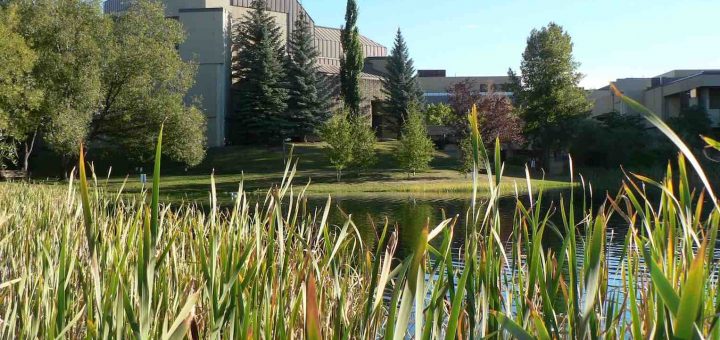Making the most of your degree

What can you do to be successful in university?
By Nathan Woolridge, Contributor
According to Mount Royal University in 2011-2012, 82 per cent of graduates landed a job in a field related to their degree — but is that still the case?
On Mar. 12, 2017 CBC published an online article called, “‘The millennial side hustle,’ not stable job, is the new reality for university grads.” A headline that could be frightening for students who are spending at least tens of thousands of dollars to receive a university degree.
Let’s take a look at how you can make the most out of your university education and ensure you get experience to find a job.
Specialized majors
If you’re working towards a specialized degree, it definitely narrows the playing field when it comes to different jobs. If the major sounds like a job description, then it might be too narrow and will lead to you having difficulty landing a job in other fields if you later choose to switch careers.
TIME Magazine suggests “very few students pursue just one career throughout the course of their working years. A broader degree, like business management, will ultimately benefit you if your goals change later in life.”
But, if a specific job is all you want and you’re certain a specialized major is a perfect fit for you, then that’s great! At least you know the skills you learn will most likely be put to good use.
If you are in a specific field that requires you to share your work with employers, like journalism, marketing, and many others, you should make sure to begin working on and expanding your portfolio early on in your degree.
Internships and building a portfolio
Take your learning outside of the classroom. If you want to be successful in business, journalism, teaching, or other fields, then you should go out and try to get experience. Nobody has ever said that your education is limited to what you learn from your professors.
You can job shadow somebody, volunteer, and pursue some of your passions to get yourself ahead in the game.
There are many internships that are available and many employers looking for young employees to bring new and fresh ideas to the table. There are even people out there that would love to mentor students in related fields. Do some research and reach out to people in jobs that interest you. They might even be willing to meet you for a coffee.
Experience will always look great on a resume. Employers love experience and it is always beneficial to have lots to talk about in an interview.
Choosing classes and taking a minor
Choosing your courses can be a difficult task. But, it can also be fun! Take the time to read what classes are available and which ones can fit into your schedule. Sometimes broadening your horizons and choosing diverse classes can open new doors — especially if you’re unsure what you want to do.
Interested in politics? Try out a political science course. Maybe you have a passion for science and really want to know how things work. Try a general science course. There are so many options available to you and you are not limited to studying one thing.
“If your field is naturally very broad, then by all means select courses that involve different specialties,” suggests TIME Magazine.
If you are taking a major, definitely look at applying for a minor in something. You have to fulfill those pesky general education courses anyways, so you might as well make them count for something that gives you more experience.
According to Mount Royal’s website, a minor can be quite valuable. It can “broaden your knowledge through a comprehensive general education requirement as part of your degree studies.
“You’ll gain exposure to a range of ideas and academic disciplines as well as skills essential to succeed at Mount Royal, in the workplace and in everyday life,” it adds.
The purpose of getting a minor is to round out your education and take the opportunity to try something else which can be related or unrelated to your degree.
As you can see, there are a few ways to make the most out of your degree or program. You just have to be willing to put in some extra work to make the most of it.
If you take the time to do some research, you can find plenty of opportunities to enhance your education. Set up meetings with advisors and see what they have to say about landing jobs after your program.
Take your education outside of the classroom and put your skills and knowledge to the test.




